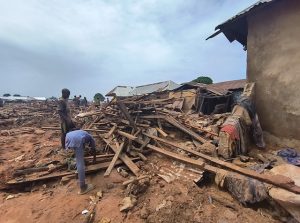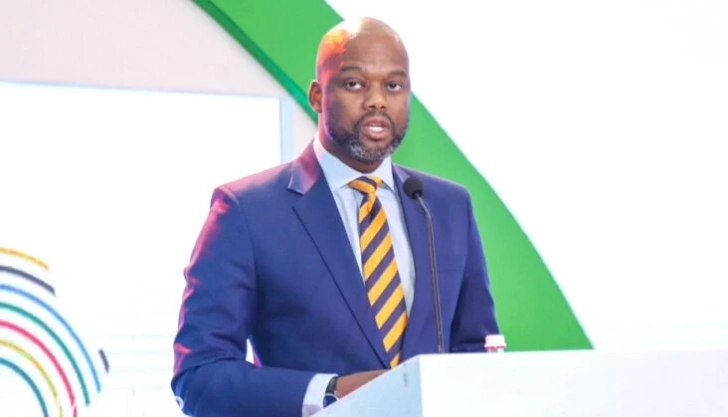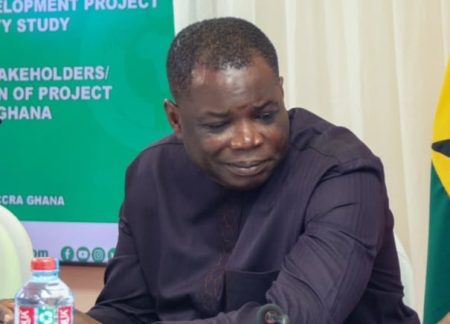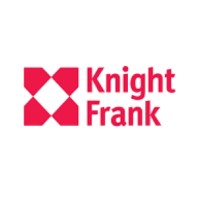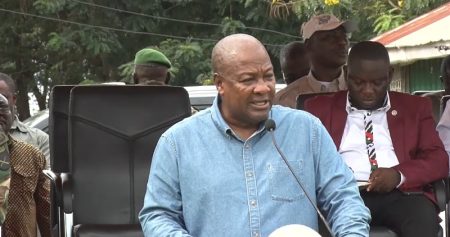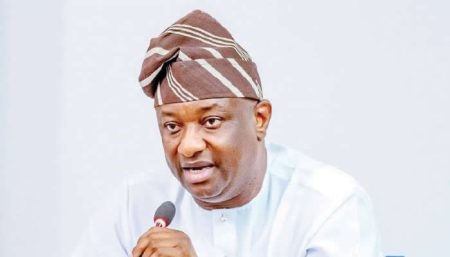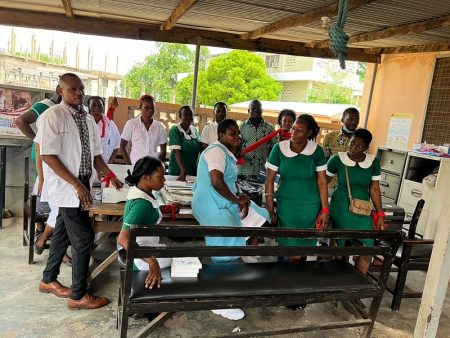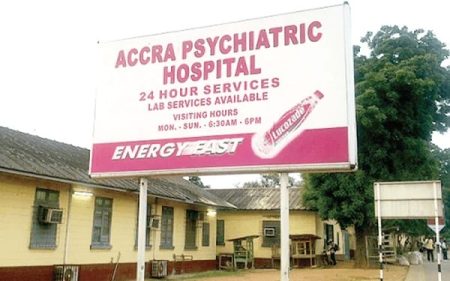The Secretary-General of the African Continental Free Trade Area (AfCFTA), Wamkele Mene, has issued a stark warning to African nations: digitize gold trading systems or risk forfeiting billions of dollars annually. Speaking at the Global Mining Summit in Accra in June 2025, Mene highlighted the significant leakage in Africa’s gold trade, estimating that up to 40% of the continent’s gold production, equivalent to a staggering $30 billion each year, goes undeclared and untracked, effectively vanishing from the continent’s economy. This represents a massive loss of potential revenue that could be used to fuel development and improve the lives of millions across the continent. He emphasized the urgency of reform, stating that this substantial outflow of wealth deprives African nations of crucial resources necessary for economic growth and social progress.
Mene’s call to action centered on leveraging digital technologies, specifically blockchain, to revolutionize the gold trade. He argued that the implementation of digital platforms for tracking gold transactions is no longer a futuristic concept but a pressing necessity for African countries to gain control over their precious metal resources. By creating a transparent and auditable system for gold trading, countries could effectively combat illicit activities, such as smuggling and illegal mining, that contribute to the significant revenue losses. This digital transformation, he argued, would not only increase transparency and accountability but also enhance trust and confidence in the gold trade, attracting more legitimate investment and boosting overall economic activity.
Beyond simply digitizing the tracking of gold, Mene stressed the importance of adding value to the resource within the continent. He advocated for policies that encourage local processing of gold, moving beyond the traditional practice of exporting raw materials. By developing local processing capacities, African nations can capture a greater share of the value chain, creating more jobs and fostering industrial development. This shift towards value addition would also contribute to diversifying African economies, reducing dependence on raw material exports, and building more resilient and sustainable economies. He challenged the prevailing model of resource extraction that often benefits external actors more than the producing countries.
Mene commended Ghana for its proactive steps in modernizing its gold sector, specifically referencing the establishment of the Ghana Gold Board and its pilot blockchain projects. These initiatives represent a positive step toward greater transparency and control over gold resources. However, he urged Ghana and other African nations to expand these efforts, emphasizing the importance of scaling up these projects to achieve a significant impact on the overall gold trade. He encouraged greater collaboration and knowledge sharing among African countries to accelerate the adoption of best practices and create a unified front in reforming the gold sector.
The AfCFTA Secretary-General’s message resonated with a broader theme of African economic self-determination. He called for a paradigm shift in how Africa manages its resources, emphasizing the continent’s need to assert its economic interests on its own terms. This requires moving away from historical patterns of exploitation and dependence towards a model of ownership, control, and value creation. He framed the digitization of the gold trade as a crucial component of this broader vision of economic empowerment, enabling African nations to leverage their resources for the benefit of their own citizens.
In essence, Mene’s address served as a powerful call for a comprehensive overhaul of the African gold trade. He underscored the urgency of embracing digital solutions, fostering local processing, and promoting greater continental collaboration to unlock the true potential of Africa’s gold resources. By adopting this multifaceted approach, he argued, African nations can not only reclaim lost revenue but also create a more sustainable, inclusive, and prosperous future for their people. He emphasized the interconnectedness of these reforms, highlighting how digitized tracking, local processing, and empowered governance can collectively transform the gold sector into a driver of genuine economic growth and development across the continent.


